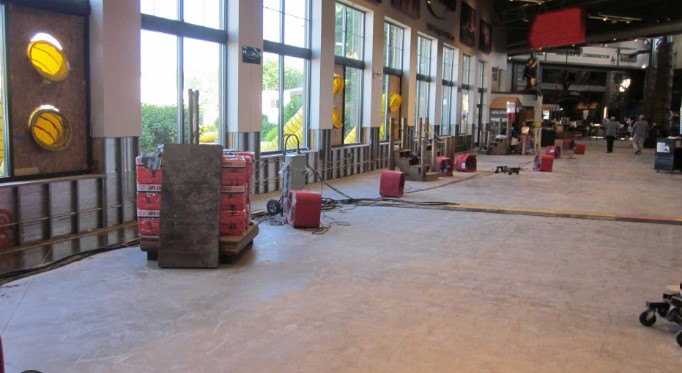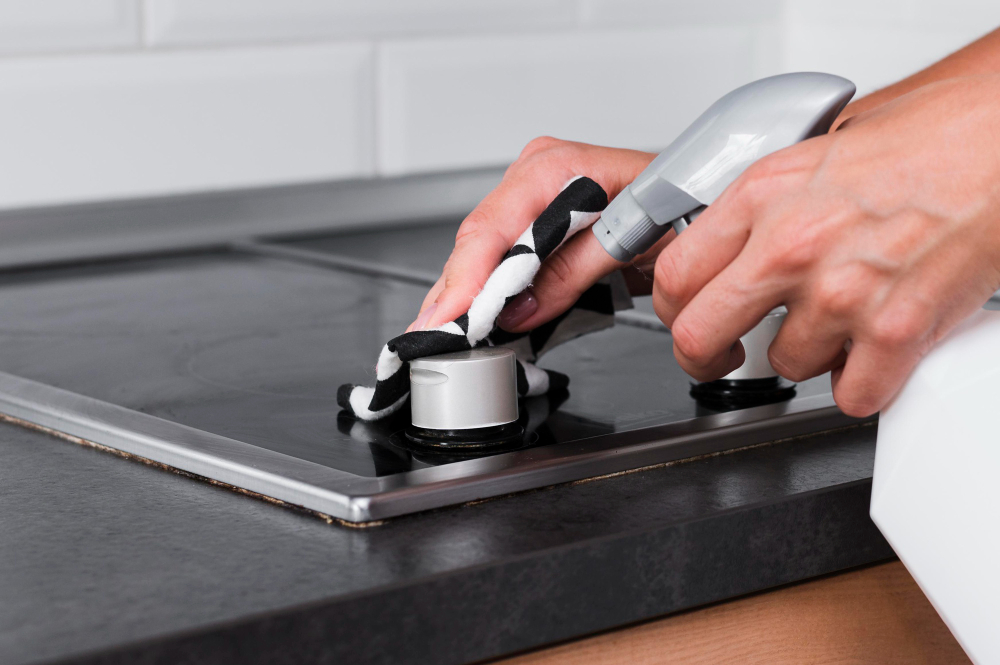Selling a car is a decision many people make when it is no longer in good condition, does not suit their needs, or has become too expensive to maintain. However, once the vehicle is sold, many do not think about what happens to it next. Depending on its condition, a car can be resold, dismantled for parts, or completely recycled. The automotive industry has several processes to ensure vehicles are either reused or disposed of responsibly. Understanding what happens after selling a car can help in making an informed choice when handing over ownership.
Resale of Used Cars
If a car is still in working condition, it is often refurbished and resold in the second-hand market. Dealerships and private buyers may conduct minor repairs, repaint the body, or update some components before listing it for sale. Many used cars find new owners locally, while some are exported to other countries where demand for second-hand vehicles is high. Markets in Africa, Asia, and the Middle East often import used cars from Australia, giving these vehicles an extended lifespan.
Salvaging Usable Parts
For cars that are not fit for resale, auto wreckers remove parts that can still function properly. Components such as engines, transmissions, alternators, and batteries are inspected, tested, and sold to mechanics, repair shops, or individual buyers looking for replacement parts. Some luxury and rare models have parts that are in high demand due to their limited availability, making salvage yards an essential part of the automotive industry.
Recycling the Metal and Other Materials
A significant portion of a car’s structure is made of metal, which is highly recyclable. Scrap yards crush the vehicle and separate metals like steel and aluminum, which are then melted down and used to manufacture new cars, appliances, and construction materials. Other materials, such as glass from windows, rubber from tires, and plastic components, also go through recycling processes. This reduces waste and minimizes the need for raw materials in production.
Environmental Considerations
The automotive industry has strict regulations for handling fluids and hazardous materials from end-of-life vehicles. Before dismantling, wreckers drain engine oil, coolant, brake fluid, and refrigerants to prevent environmental contamination. These substances are either safely disposed of or purified for reuse. Responsible recycling ensures harmful chemicals do not seep into the soil and water sources.
Junkyards and the Role of Car Removal Services
Car removal companies play an essential role in the automotive recycling industry. Many old, wrecked, or non-functional vehicles end up in junkyards, where they are processed for parts and materials. In Sydney, Total Car Removal Sydney provides services that help individuals sell their old vehicles without complications. The company ensures that cars are either resold or recycled through environmentally friendly methods. Those looking for the best car removal Sydney service can benefit from a smooth selling process while ensuring their vehicle is handled responsibly.
The Future of Scrap Cars
As technology advances, the way cars are recycled is evolving. Automated dismantling machines, AI-driven sorting systems, and improved recycling methods allow for more efficient processing of end-of-life vehicles. Some manufacturers are also designing cars with future recyclability in mind, using more reusable materials and modular components.
Also visit: https://totalcarremoval.com.au/cash-for-cars-sydney/
Conclusion
When selling a car, it does not simply disappear from the market. It either finds a new owner, is stripped for parts, or is broken down for materials. This process supports the automotive industry while promoting sustainability through recycling. Understanding where a vehicle goes after being sold can encourage responsible choices when parting with an old or unwanted car.
Find more insightful blogs here.













Leave a Reply